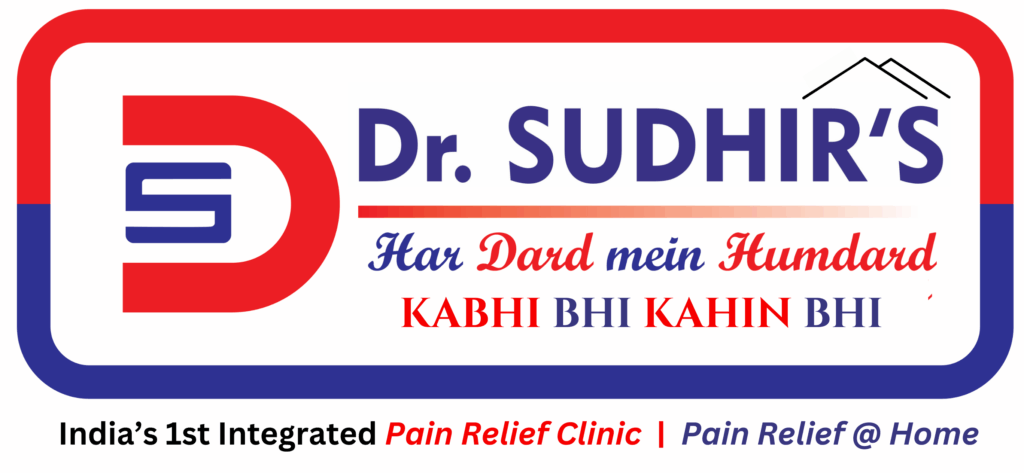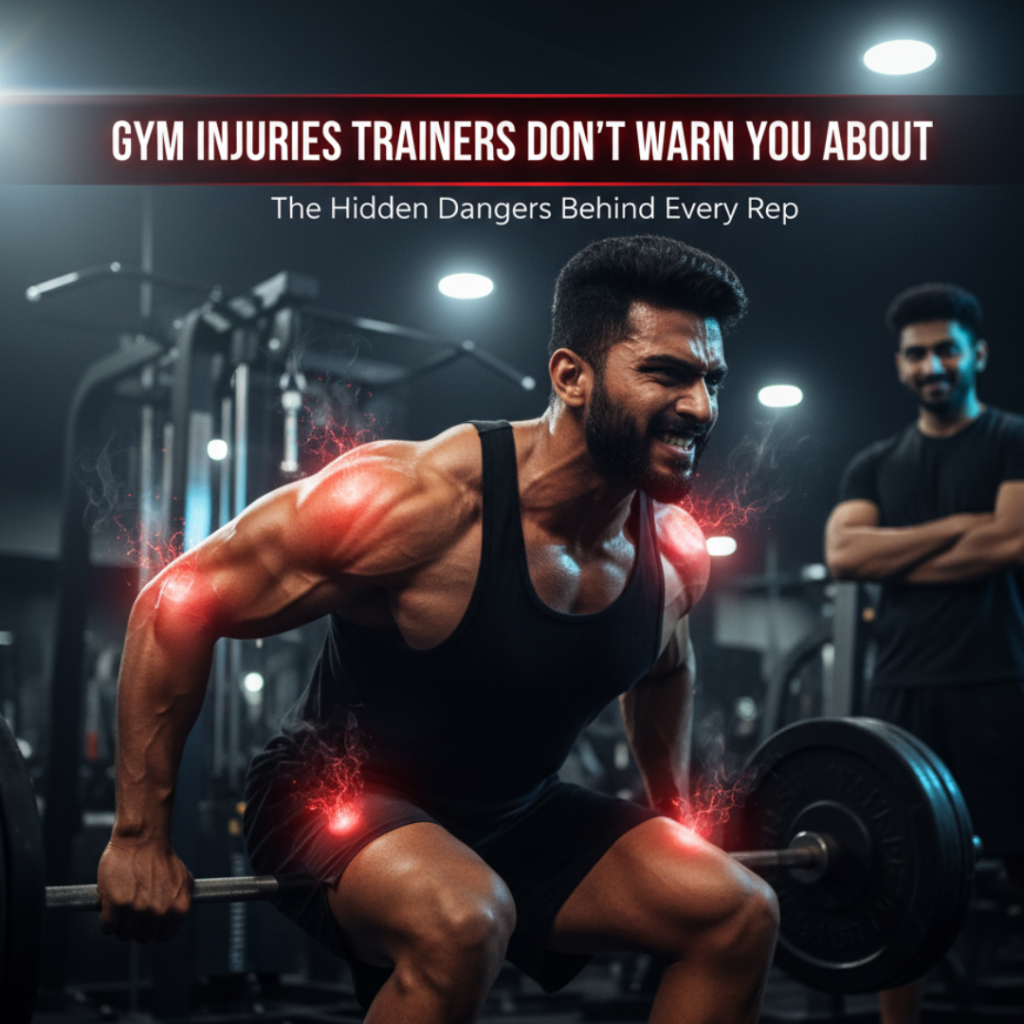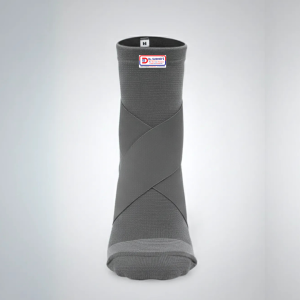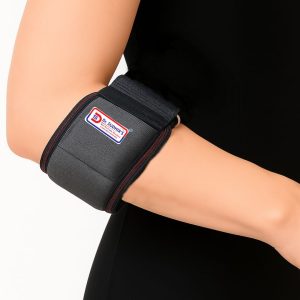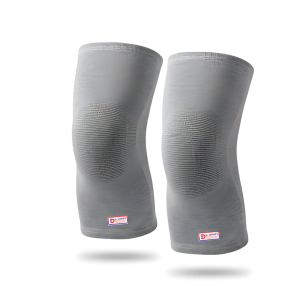Introduction: When Fitness Turns Into Frustration
The gym is supposed to be a place of progress — where every rep takes you closer to strength, stamina, and self-confidence.
But what happens when that one extra rep, that slightly wrong posture, or that ignored niggling pain turns into something far worse?
Every week, more and more fitness enthusiasts walk into our clinic — not because they were lazy, but because they pushed too hard, too fast, or without proper guidance.
And what’s even more surprising? Most of these injuries could have been easily prevented with the right awareness and technique.
Let’s expose the silent gym injuries that trainers often don’t talk about — and what you can do to stay safe and strong.
1. Tennis Elbow (Lateral Epicondylitis) — The “Pull Day” Pain
You don’t need to play tennis to get tennis elbow.
It’s one of the most common gym-related injuries caused by repetitive gripping, heavy curls, or pull-downs done with poor form.
How it starts:
A mild ache on the outer side of your elbow when lifting or gripping weights. Many ignore it, thinking it’s “normal muscle soreness.”
What it really is:
Inflammation of the tendons that attach your forearm muscles to the elbow. Left untreated, it can limit your grip strength and make even daily tasks painful.
Prevention Tips:
-
Avoid jerky, fast movements during curls and pulls.
-
Strengthen forearm muscles with lighter, controlled reps.
-
Use proper wrist alignment — don’t let them droop.
Recommended Support:
For faster recovery and prevention, use a Tennis Elbow Support from Dr. Sudhir’s Pain Relief Clinic.
It helps stabilize the tendon and reduces strain during workouts.
2. Lower Back Strain — The Hidden Cost of Heavy Lifting
Ask any physiotherapist — improper deadlifts and squats are responsible for a majority of lower back injuries among gym-goers.
How it happens:
-
Poor spinal alignment
-
Lifting with the back instead of the legs
-
Weak core muscles unable to support the load
Symptoms:
Tightness, radiating pain down the legs, or stiffness that worsens the next morning.
Prevention Tips:
-
Warm up your lower back and core before heavy lifts.
-
Use lighter weights until your form is perfect.
-
Never lift with a rounded spine.
3. Shoulder Impingement — The Silent Agony of Upper Body Workouts
When you feel a sharp pinch during overhead presses or bench presses, that’s your shoulder joint begging for mercy.
How it happens:
Overuse of the rotator cuff muscles without proper mobility or rest.
Prevention Tips:
-
Strengthen rotator cuff muscles separately.
-
Avoid locking elbows or overextending arms.
-
Add shoulder mobility drills to every workout.
4. Knee Pain — The Price of Bad Squats
Knee injuries are rising among young fitness enthusiasts, and the culprit is often improper squat form or overtraining.
Common mistakes:
-
Knees caving inwards during squats
-
Using shoes with poor cushioning
-
Ignoring hip and ankle stiffness
Prevention Tips:
-
Always keep knees aligned with toes.
-
Strengthen glutes and hamstrings to support your knee.
-
Don’t skip warm-ups or cool-down stretches.
5. Neck Strain — The Forgotten Zone
Ever felt neck tightness after ab workouts or bench press?
That’s usually because you’re tensing your neck to compensate for weak core muscles.
Prevention Tips:
-
Keep your neck neutral during lifts.
-
Focus on engaging your abs, not your neck muscles.
-
Stretch the neck and upper traps after every workout.
When to See a Specialist
If pain lasts longer than a few days, worsens with movement, or affects your sleep — it’s time to consult a pain specialist.
Ignoring small aches can lead to chronic conditions, nerve compression, or even long-term joint instability.
At Dr. Sudhir’s Pain Relief Clinic, we specialize in diagnosing and treating gym-related injuries with a personalized recovery plan that includes physiotherapy, muscle support devices, and pain management therapies.
Final Thoughts: Train Smart, Heal Smarter
Fitness isn’t about how much weight you can lift — it’s about how well your body recovers after lifting.
Listen to your body, respect your limits, and use supports like the Tennis Elbow Support to prevent overuse injuries before they stop your progress.
Your body is your greatest investment — protect it before it’s too late.
Call our specialists at +91 91636 95790.


